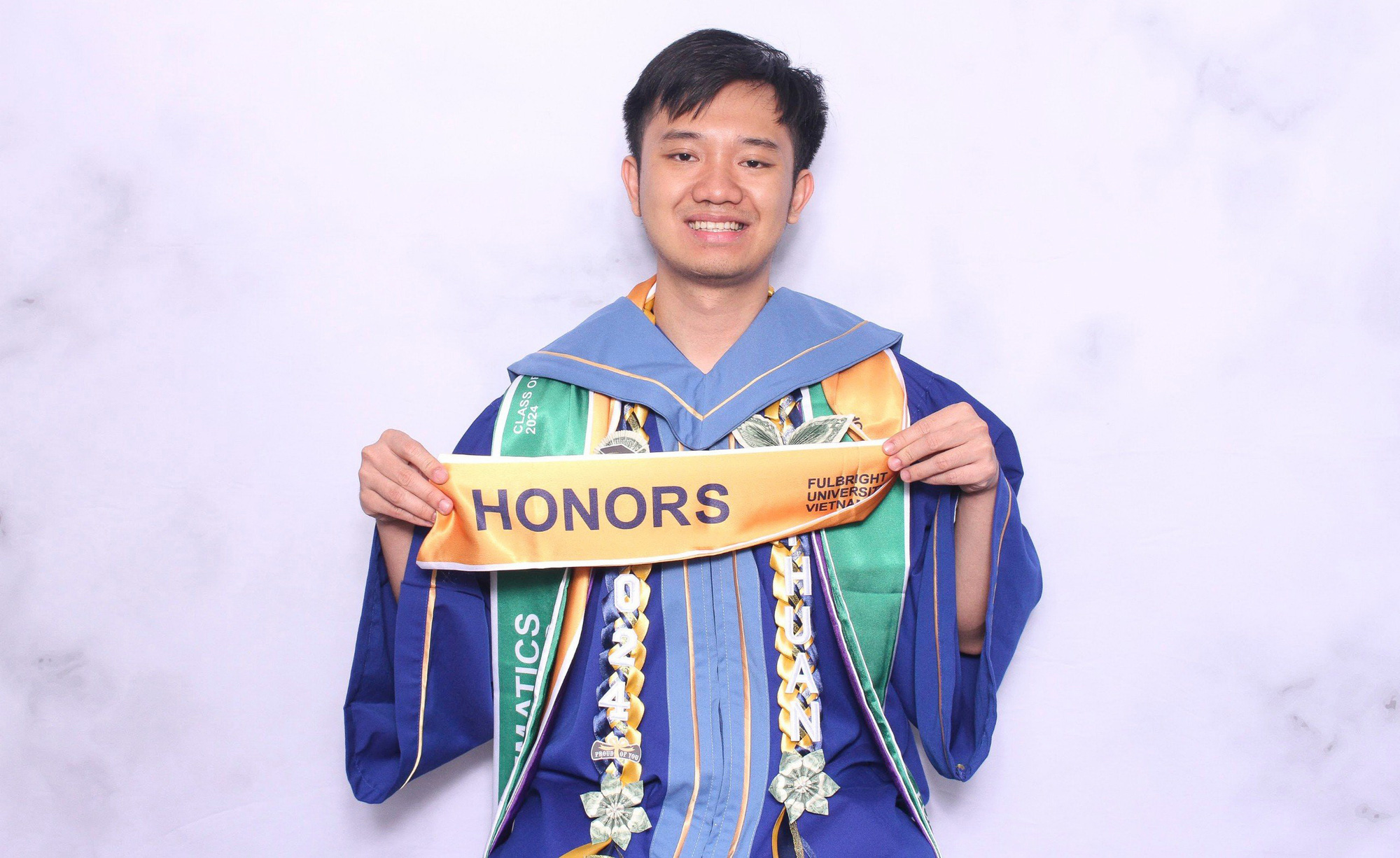
Doan Thuan at the graduation ceremony in June 2024 - Photo: NVCC
At the graduation ceremony of Fulbright University Vietnam students in June 2024, many people were amazed at the new graduate Than Doan Thuan (22 years old) when he graduated from 3 majors at the same time. Thuan was also in the top students with the highest graduation scores in the class.
Talking to Tuoi Tre, the male student said his journey to conquer three majors: computer science, economics and applied mathematics was challenging but also extremely interesting.
New graduate THAN DOAN THUAN
A memorable journey
* Why did you decide to study three majors at the same time: computer science , economics and mathematics?
- My chance came when a consultant introduced me to a study path at MIT (USA) that combines computer science, economics and mathematics. My great passion is computer science, and mathematics is a powerful tool. As for economics, at first I didn't know if I really liked it or not.
However, at Fulbright, students are allowed to experience many different subjects in the first two years before choosing a major. During that time, I chose some economics subjects to try my hand.
The most difficult subject for me was microeconomics at the end of year 2, the content was difficult and had many new terms and concepts. This subject is like a "gatekeeper" subject, if you pass it, you will know if you are suitable and can study economics or not.
At first, I struggled with microeconomics, and thought about giving up several times. At that time, I often went to school early and came home late. Sometimes, after finishing school, I went back to my friend's house to continue studying or researching documents. Luckily, I had good friends who helped me a lot with the difficult things.
I finally passed this "gatekeeper" course and decided to pursue three majors. Computer science and economics were my two majors, and mathematics was my minor. On average, each major had 10 majors, and minors were usually half the amount of coursework as the major.
* How did you balance your study load across these three majors?
- Normally, in a semester, a Fulbright student will study 3-5 subjects, but I registered for four. Of these four subjects, I prioritized choosing two computer science subjects because to me it is still the most important subject. The remaining two subjects I will divide between economics and mathematics.
Or when I need more math skills, I will enroll in these courses to supplement. Similarly, when I see that the progress of economics is slowing down, I will enroll in a few more courses.
Outside of school, I spent the most time self-studying economics, because I started with economics from zero. I put a lot of effort into the first subjects, because they are all important foundational content. As for computer science subjects, I often invest more in class sessions, online content, YouTube...
One thing I learned is that I am never alone. There are always resources available to support students in college. First and foremost are my friends and teachers, from whom I can always learn both during and after class.
Teaching assistants and academic advisors are also available to assist students when needed. Students can tap into these resources to help them overcome academic challenges.
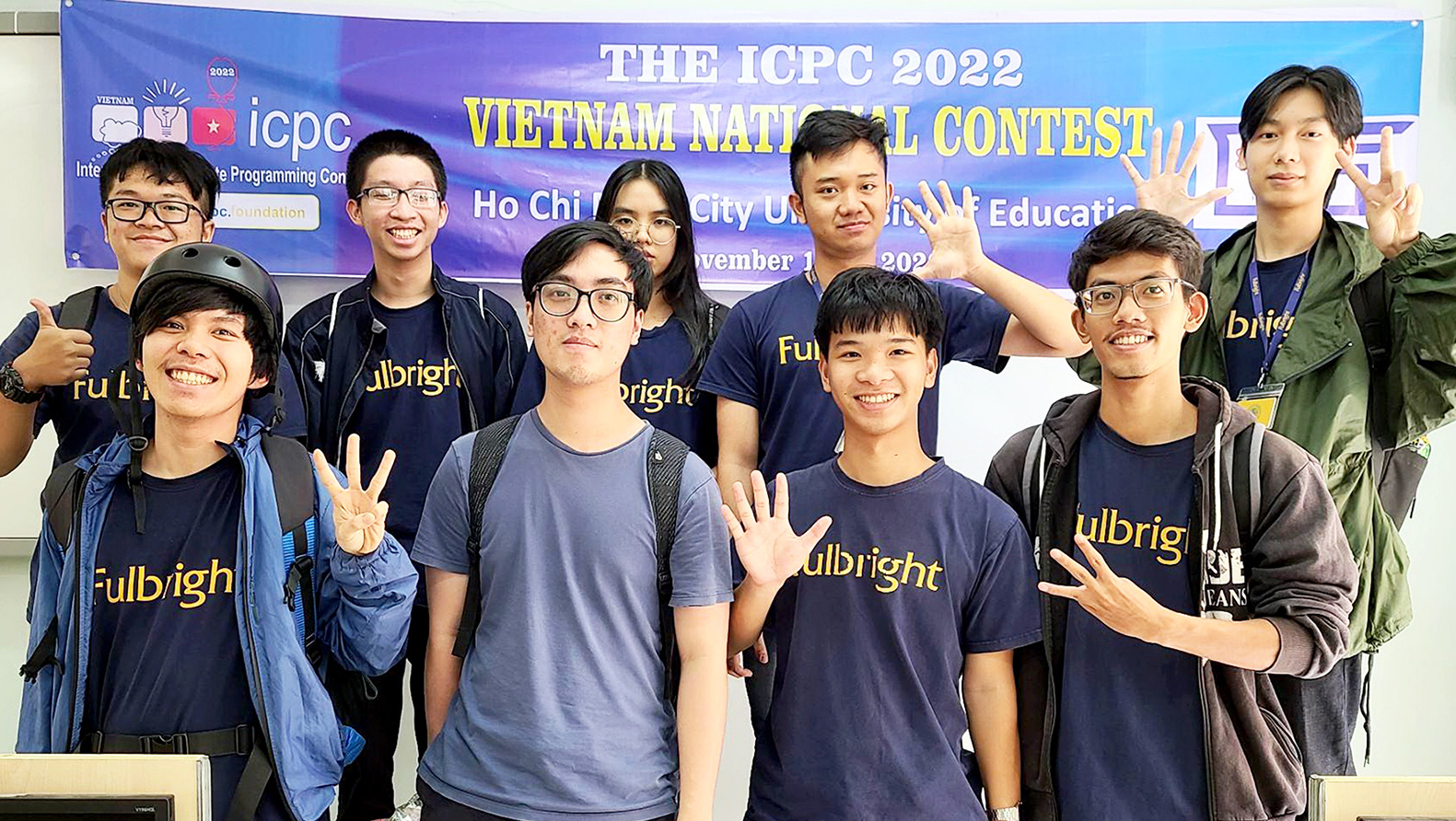
Doan Thuan (top row, second from right) with Fulbright students at the 2022 national round of the International Collegiate Programming Contest (ICPC) - Photo: NVCC
Support for future students
* Does studying take up all of Thuan's time? Besides studying, do you have any other activities?
- In addition to studying, I signed up to be a teaching assistant for some teachers. Being a teaching assistant helps me review knowledge and at the same time help and impart knowledge to students. Besides connecting with students in class, I also have hours in my private office for students to come and discuss when necessary.
For some difficult subjects that I am also passionate about, I organize extra review sessions outside of class hours for students, such as statistics, microeconomics, programming...
In my 4th year, I participated in a one-year exchange program at New Jersey Technical University (USA), also majoring in three majors: computer science, economics and mathematics. In the US, I learned many good things about academia and research. It gave me new experiences and confidence in the interdisciplinary direction I was pursuing.
In the current context, I think interdisciplinary skills are important. Perhaps no industry only applies a single skill or expertise, but often has connections with each other. Also, we do not know which industry will be dominant in 5-10 years, and how it will change.
Interdisciplinary skills allow me to easily change, update and know how to continuously self-study.
* Having gone through a very special university journey, what is the most memorable thing for you?
- I think the most obvious thing is that I learned a lot and discovered myself. If I hadn't tried, I wouldn't have known that I liked economics and I wouldn't have known that I didn't like subjects like social sciences. I overcame barriers to know and understand myself.
My perspective has also broadened. At first, I thought economics was about making money, but after studying economics, I have a better understanding of how the world works and how it works from an economic perspective. Mathematical knowledge and skills give me the tools to solve problems in many fields. Computer science allows me to explore my passion for new technologies, especially artificial intelligence (AI).
On the contrary, I lost summers that I could have used for vacation or other projects. I studied almost all semesters of the year. Sometimes I also experienced some feelings of losing faith, losing time...
My future direction is to continue looking for graduate study opportunities in computer science.
Male student often asks questions, skillfully combines multidisciplinary knowledge
Dr. Graeme Walker, Fulbright University Vietnam, commented that Than Doan Thuan is a student who stands out for his curiosity, one of the rare people who is never afraid to ask questions.
Thuan's questions always come from a desire to understand deeply and every answer is important to him. According to Dr. Graeme Walker, this curiosity has motivated him to conquer his three majors.
Dr. Huynh The Dang - lecturer at Fulbright University Vietnam - shared that subjects related to AI are often very complicated for students because they require extensive knowledge of mathematics, programming and logical thinking.
What makes Thuan stand out from his classmates is his ability to skillfully combine the multidisciplinary knowledge learned in school with AI expertise to solve diverse real-world problems, from image, audio, text processing to economic problems.
Source: https://tuoitre.vn/nam-sinh-fulbright-tot-nghiep-cung-luc-3-nganh-diem-top-5-cao-nhat-20240623083511299.htm



![[Photo] Hanoi: Authorities work hard to overcome the effects of heavy rain](https://vstatic.vietnam.vn/vietnam/resource/IMAGE/2025/8/26/380f98ee36a34e62a9b7894b020112a8)

![[Photo] Multi-colored cultural space at the Exhibition "80 years of the journey of Independence - Freedom - Happiness"](https://vstatic.vietnam.vn/vietnam/resource/IMAGE/2025/8/26/fe69de34803e4ac1bf88ce49813d95d8)









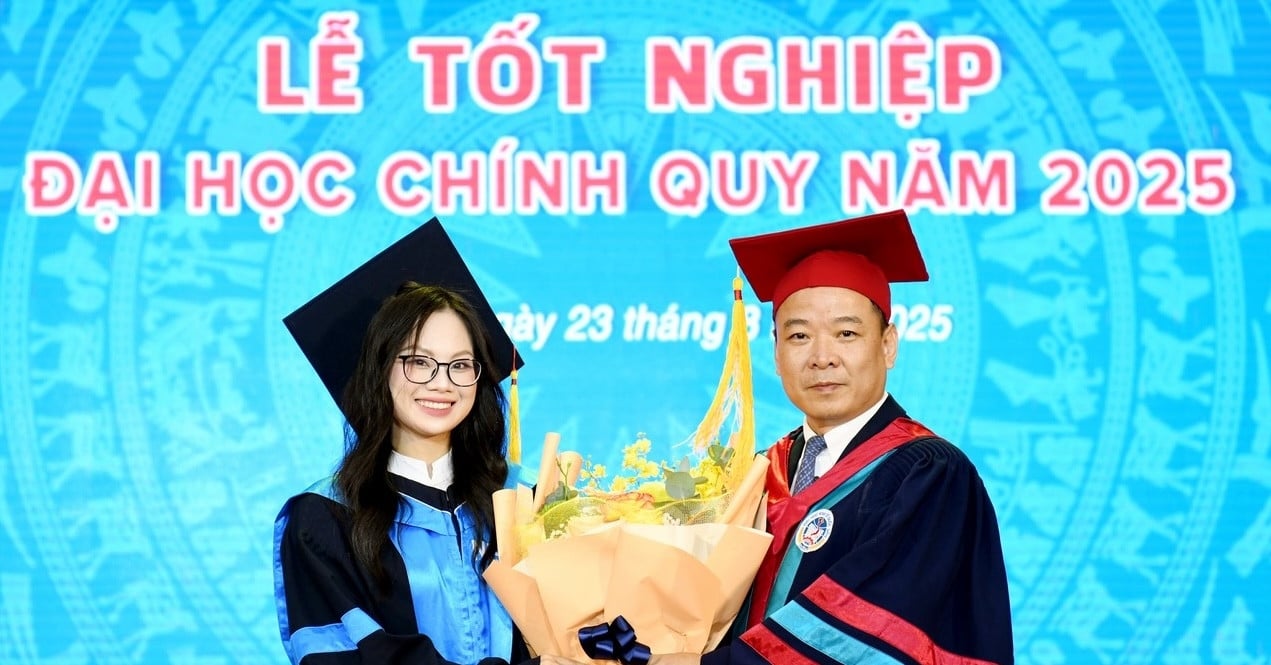

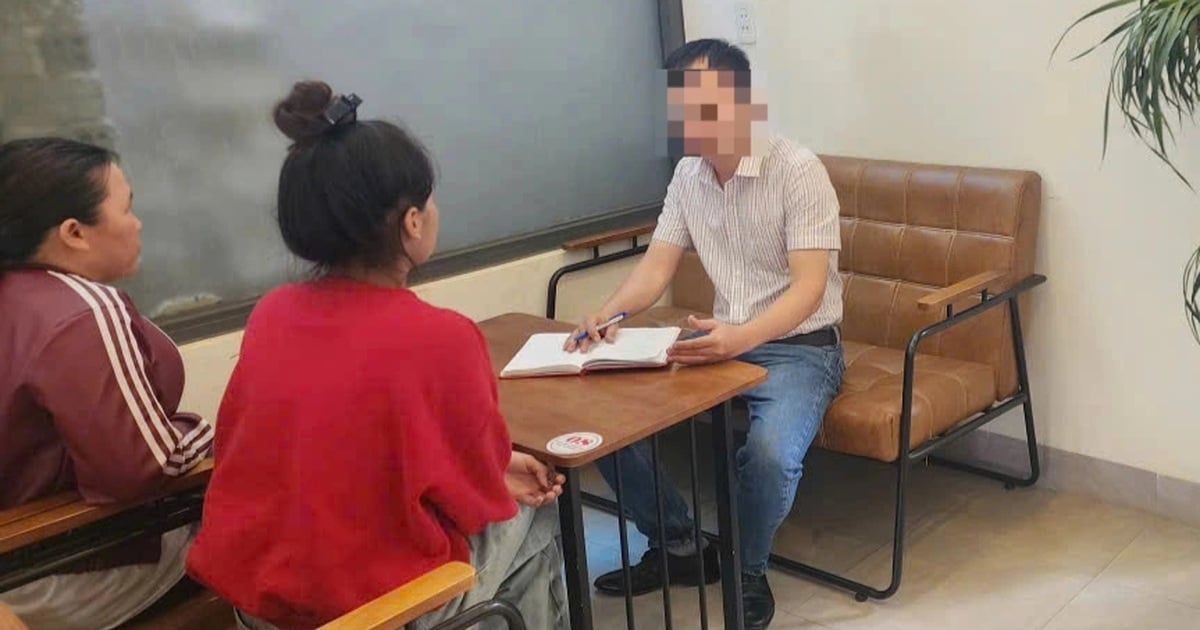































































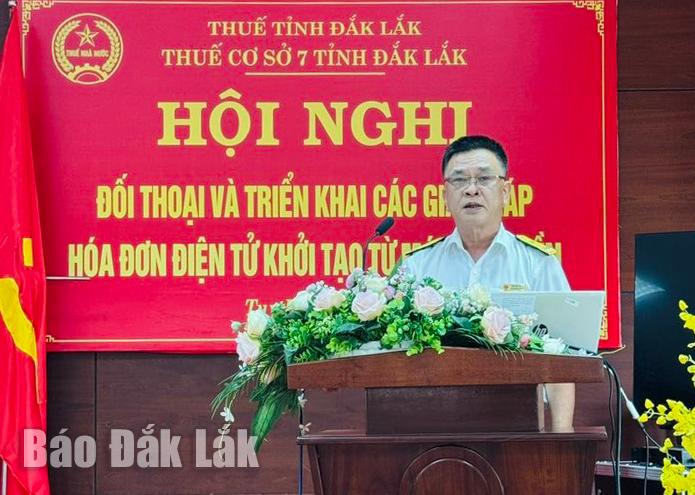














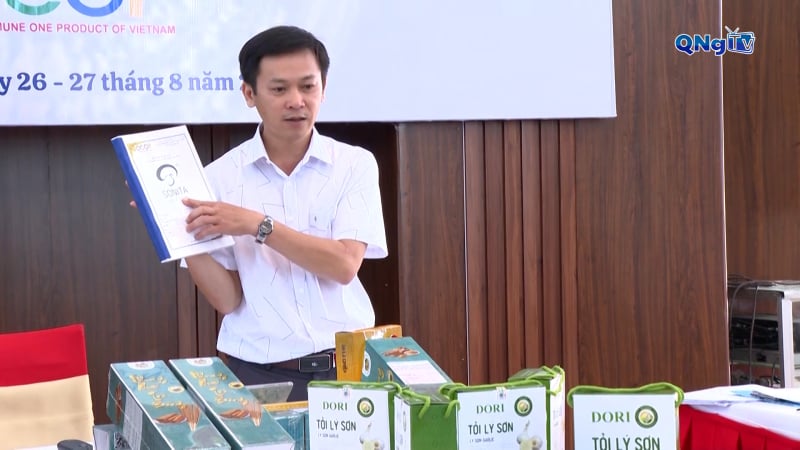









Comment (0)